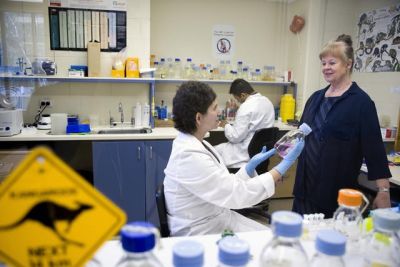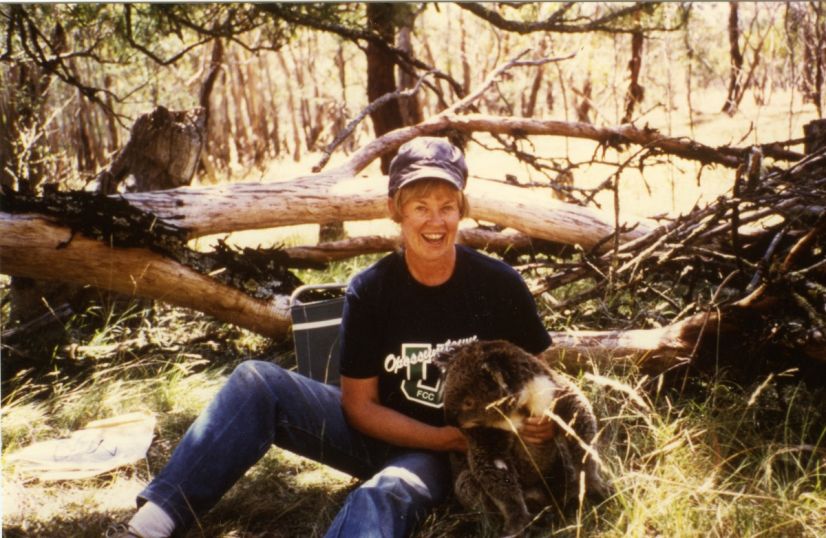It's a toss-up between provoking the inactivated X chromosome into action and debunking the gene everyone thought was sex determining.
What was thrilling was the answers to both profound questions came from simple and quick experiments, which instantly changed our picture of how sex chromosomes work. I wish all science was like that!
Both discoveries had long-term benefits to our understanding of sex chromosomes.
It's hard to predict where genetics and genomics will be in five years, let alone 50. Given the pace of technological change and discovery, I expect that genomes of almost every living thing will be sequenced, and analysis of huge data sets will provide us with deep understanding about how life evolved and diversified.
This could help us discover the causes of diseases, and personalized medicine will become routine. It should also make it possible to identify subtle genetic changes that have helped organisms adapt to new environments.

Genome describes practically everything I’ve done in my career. It was really a light-bulb moment when I realized that the way things are today – genes, chromosomes, cells, animals – reflect the tortuous path of natural selection and don’t necessarily make functional sense. The world is full of organisms and processes that really don’t work efficiently.
Sex chromosomes are a wonderful example of what I call “Dumb Design,” because they inevitably self-destruct in evolutionary time. The human Y chromosome has been degrading for about 150 million years and is due to expire in another 5 million years or so.
The young people who work with me have been a great source of inspiration. I love it when they understand enough to challenge other scientists, challenge me. I’m excited when they come up with new ways of looking at things that I might not have thought of. I love watching them grow and become more confident. I have been privileged to share many “light-bulb moments” that are incredibly rewarding scientifically and personally.
I rejoice that at least some of them have chosen science as a career, tough and uncertain as it is, and marvel at their passion and resilience. I follow the careers of many of my 56 PhD graduates and 23 postdocs with pleasure and pride (and some trepidation); it’s like being a mother all over again.
Not very positive I’m afraid. I wasn’t very good at science; the only prizes I ever won at school were in creative writing, geography and art. I quite liked the logic of maths, but physics and chemistry were just boring lists of formulae. At least chemistry hung together by the Periodic table, which is more than you could say for biology, which seemed like a whole lot of disconnected stuff. I am very anti-stuff.
Everything changed one day when we were introduced to genetics by our biology teacher, who had returned, inspired, from a lecture at Adelaide University. She explained how genes work to determine traits, and how they were passed down from parent to offspring. I realized that there really are laws that makes sense of all that the stuff, and I’ve been working on them ever since.

© 2025 Australian Academy of Science